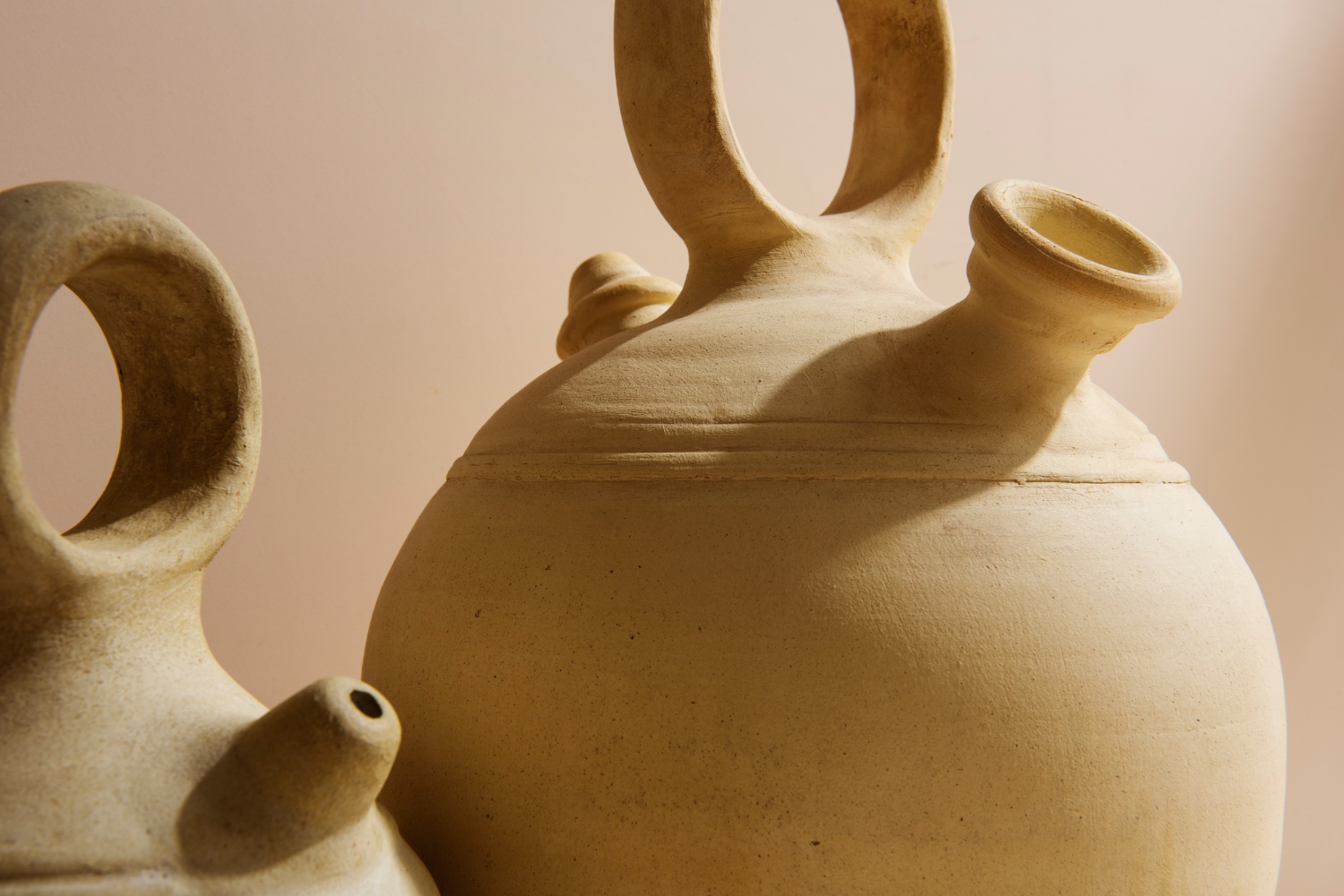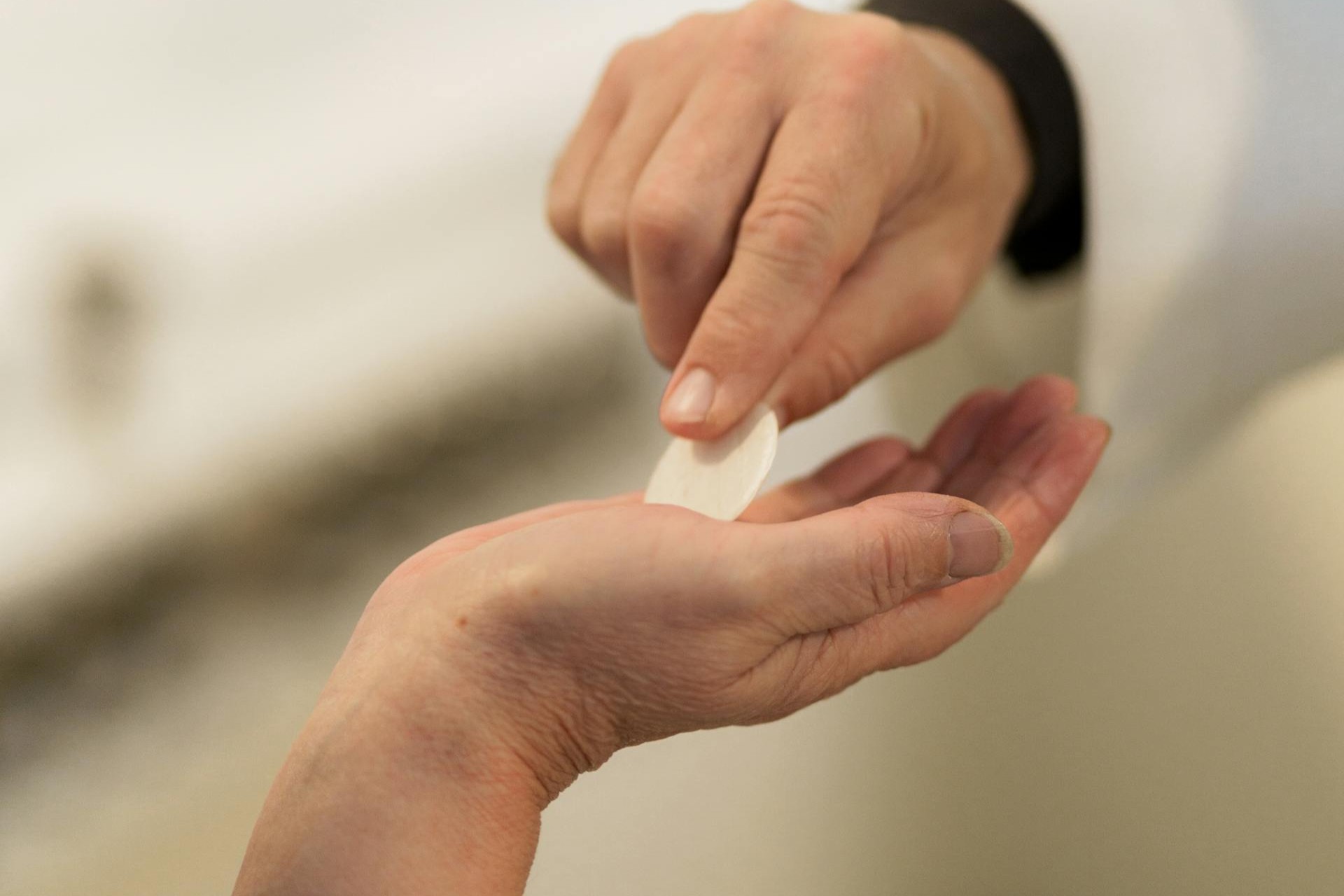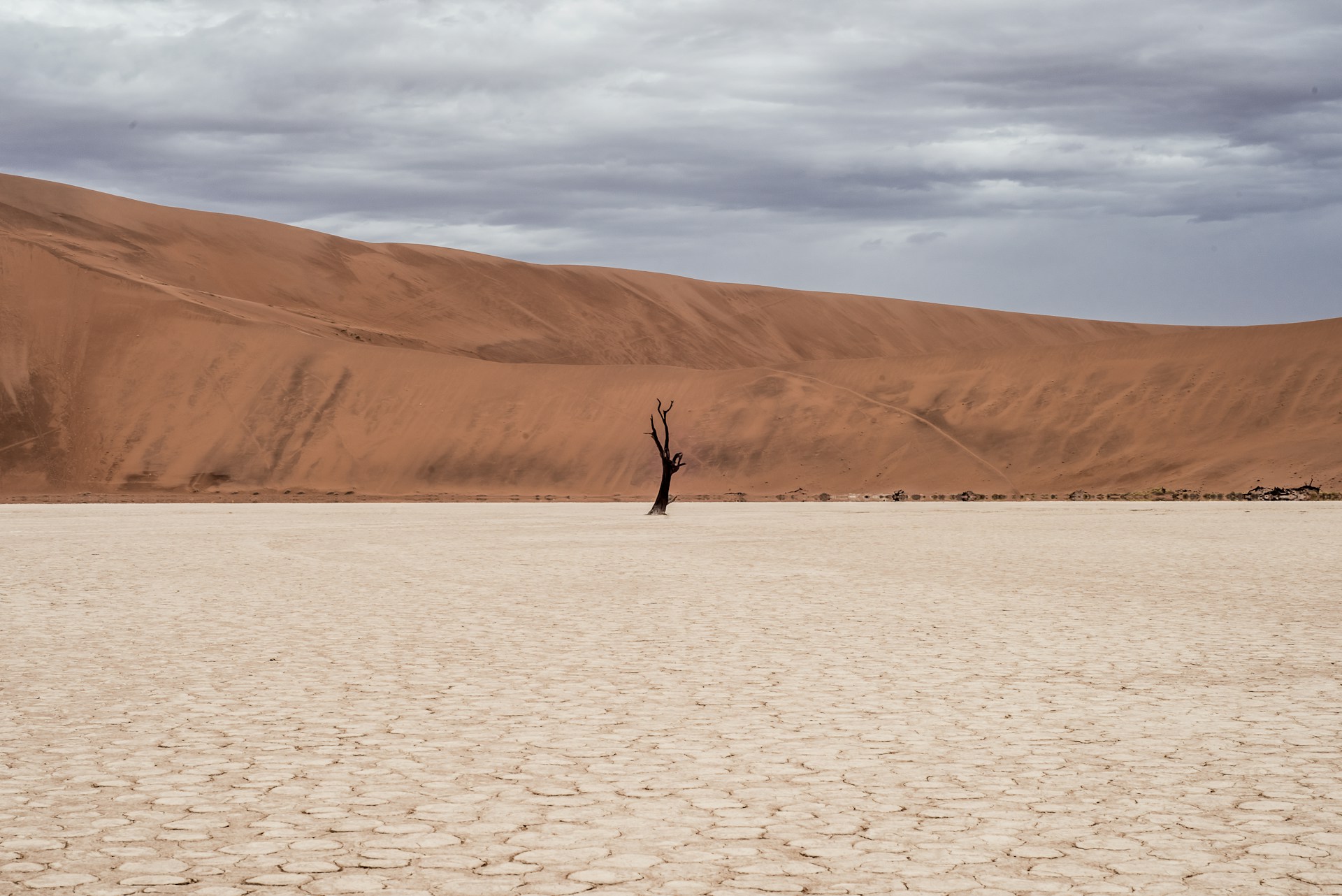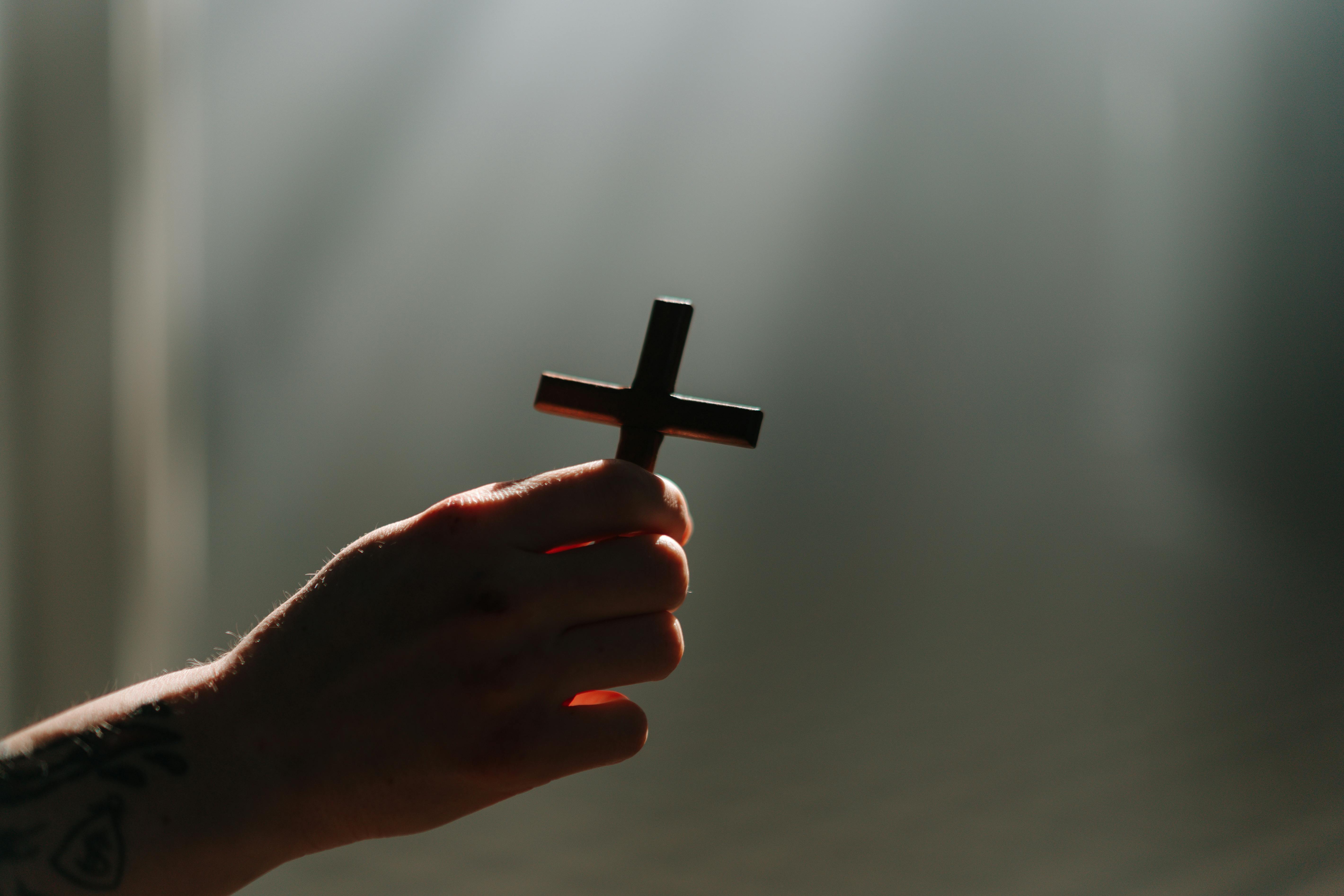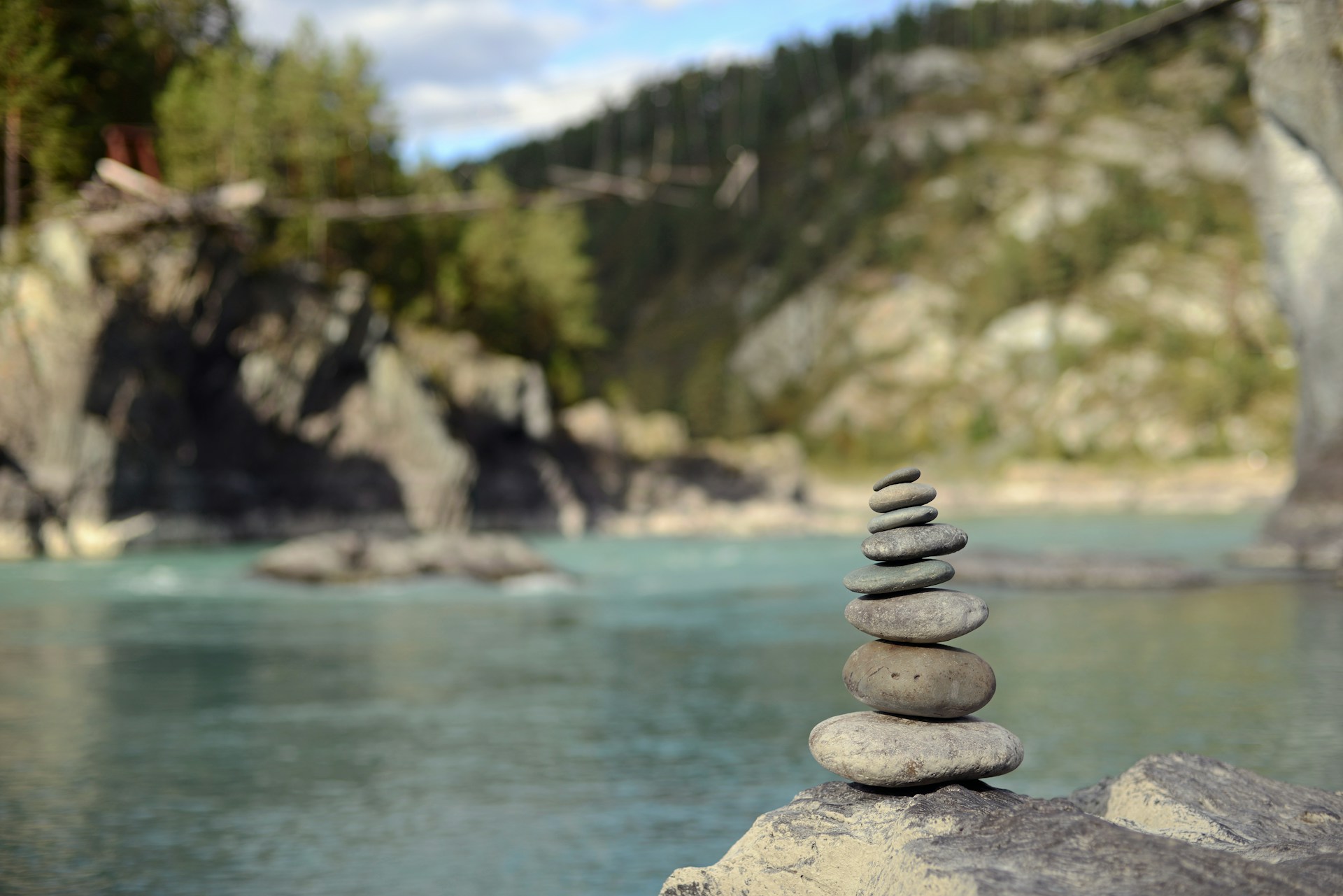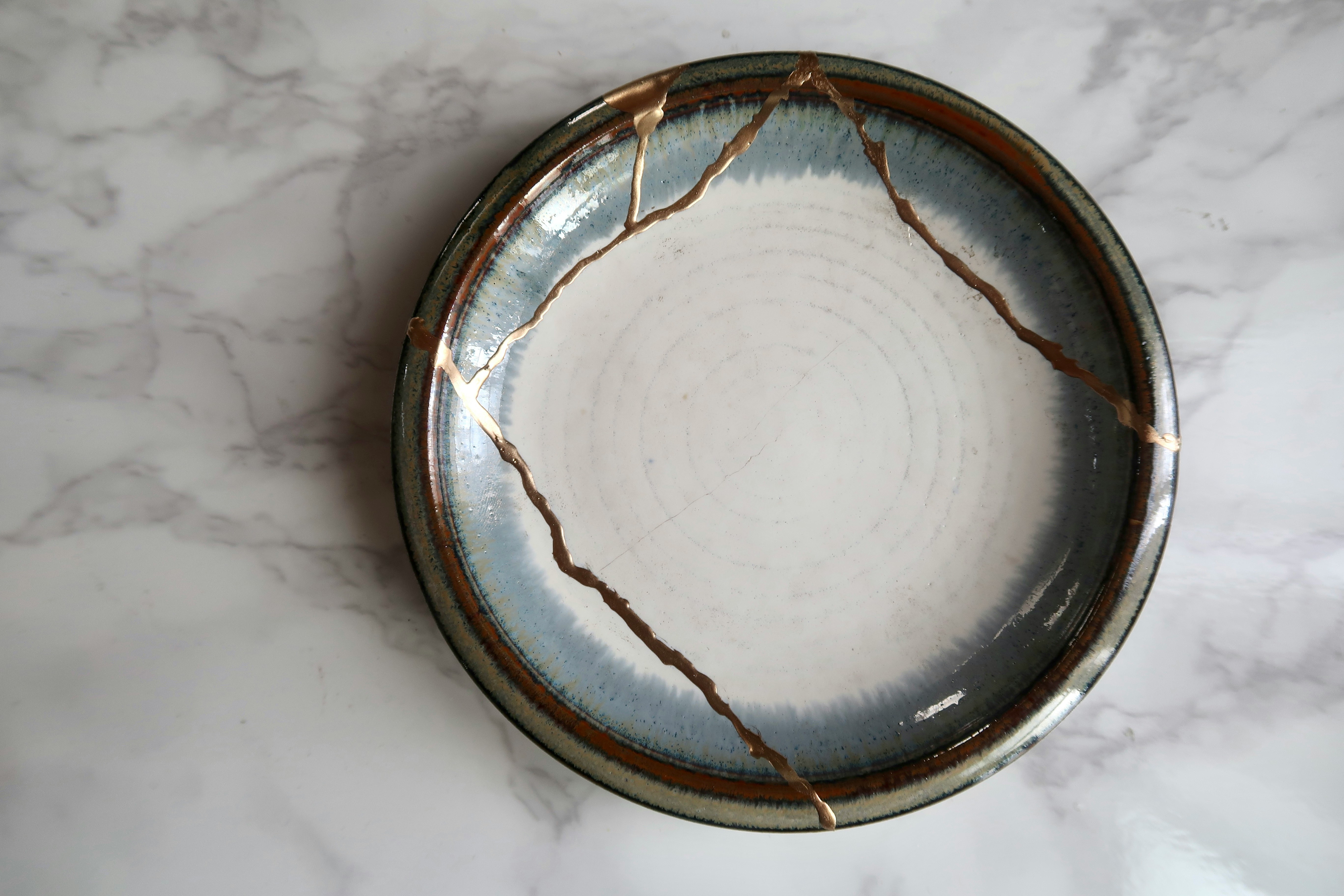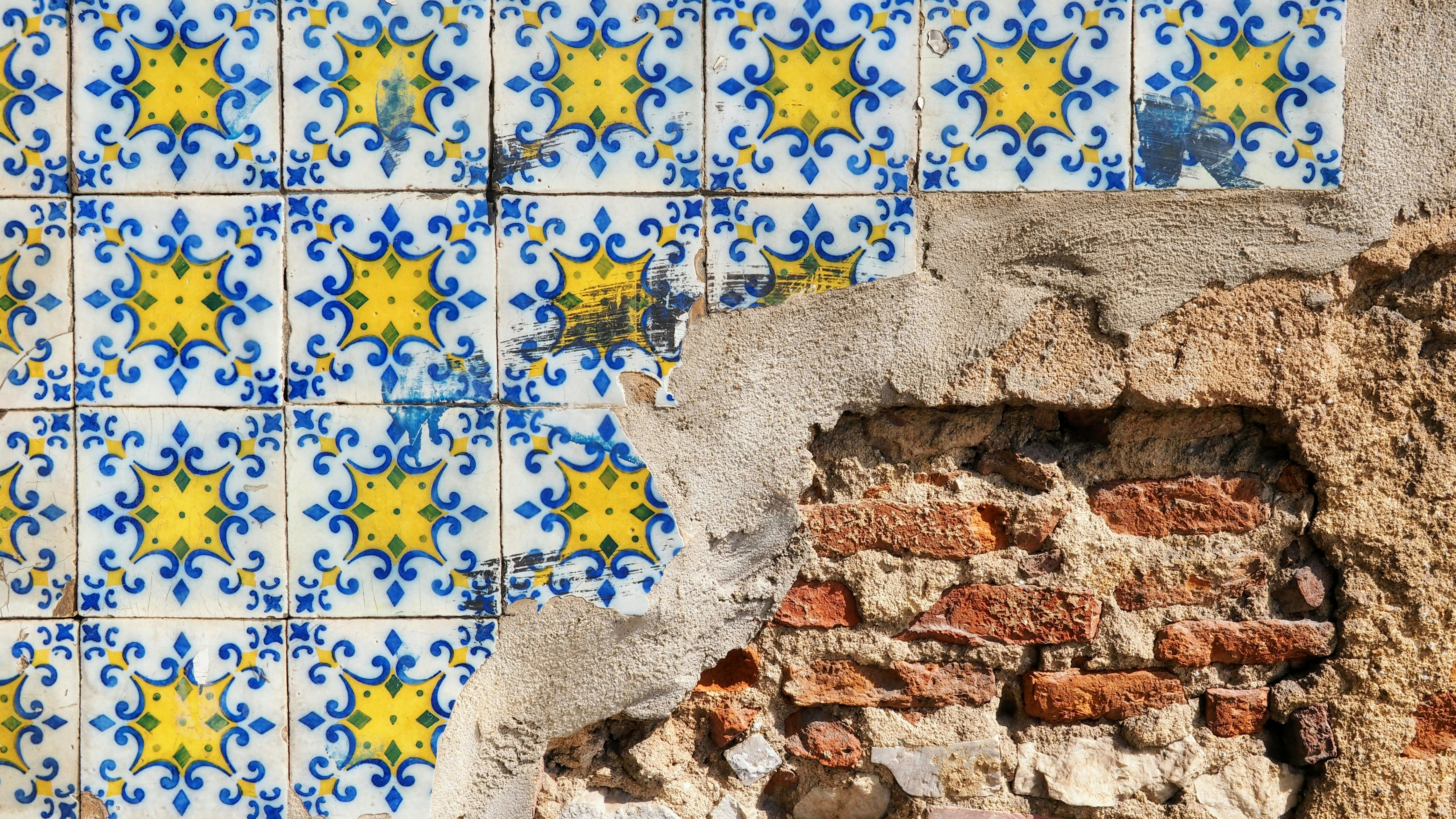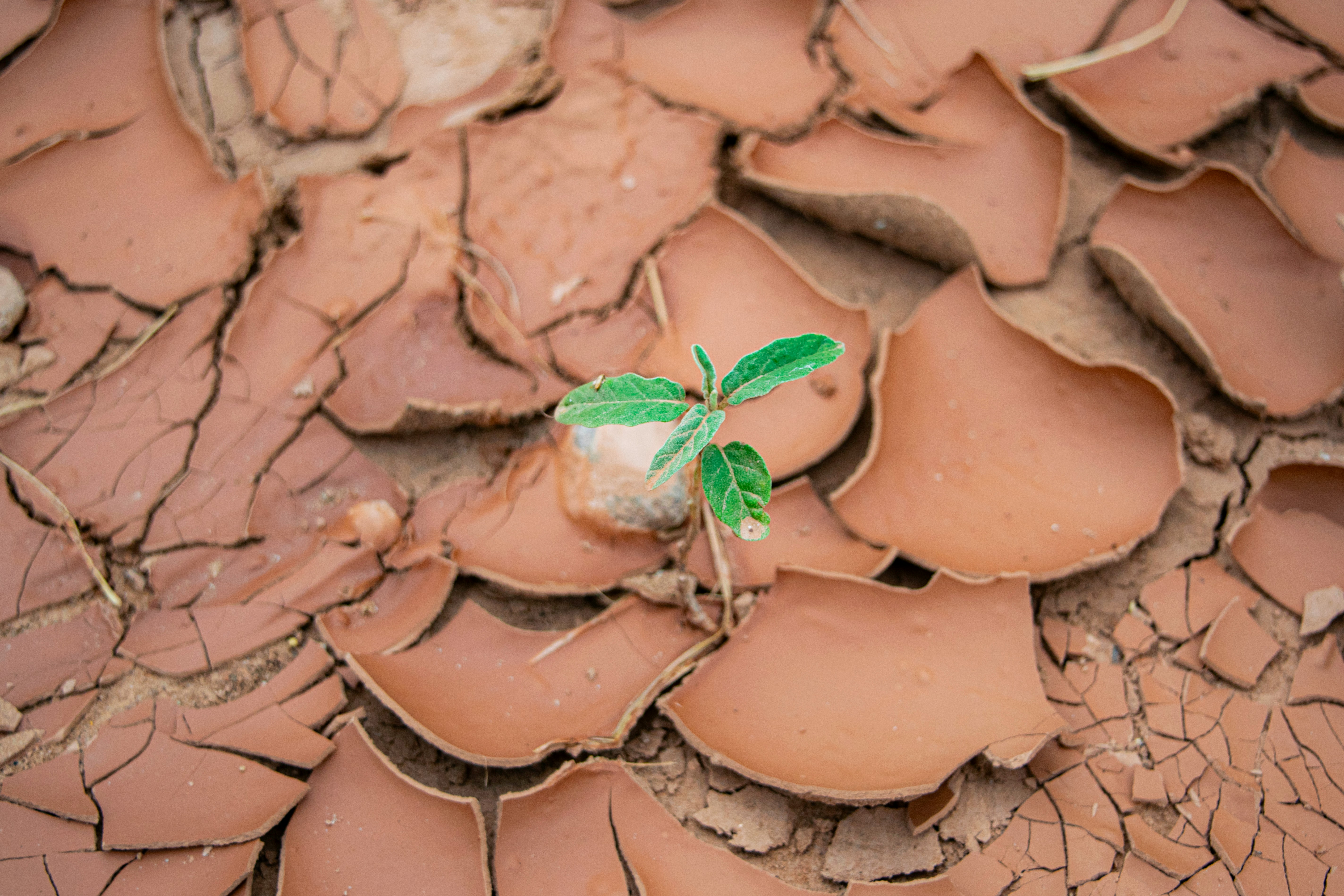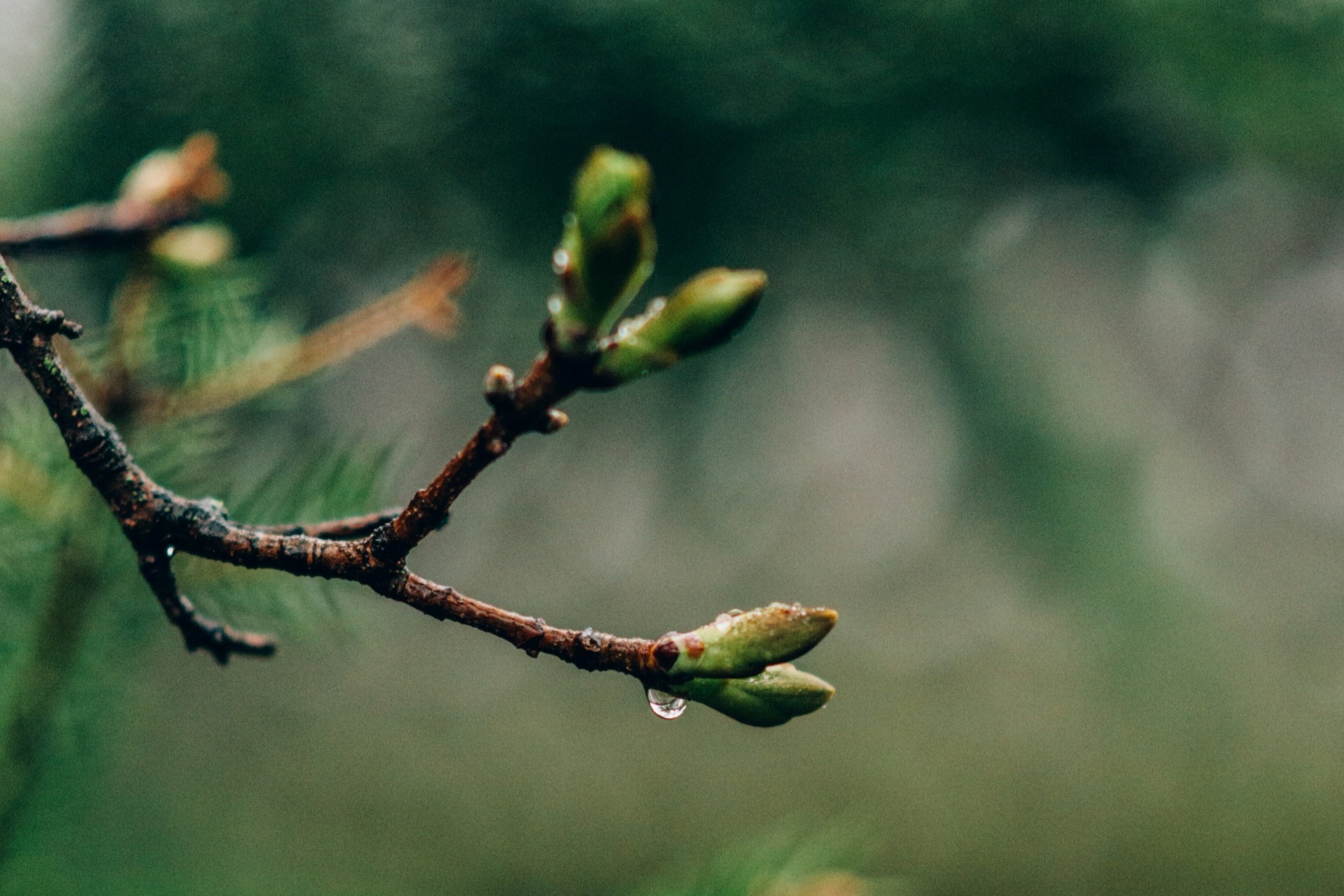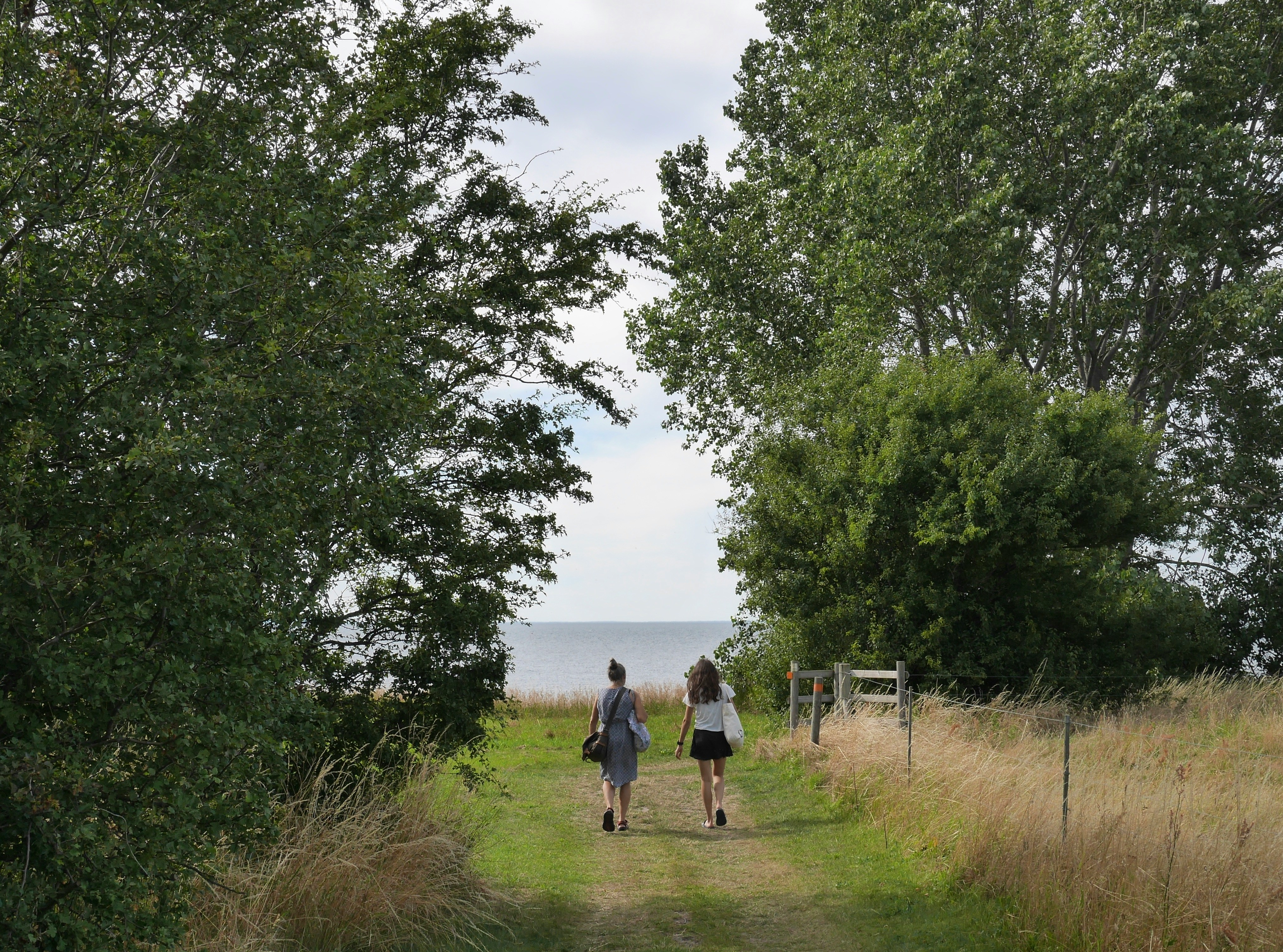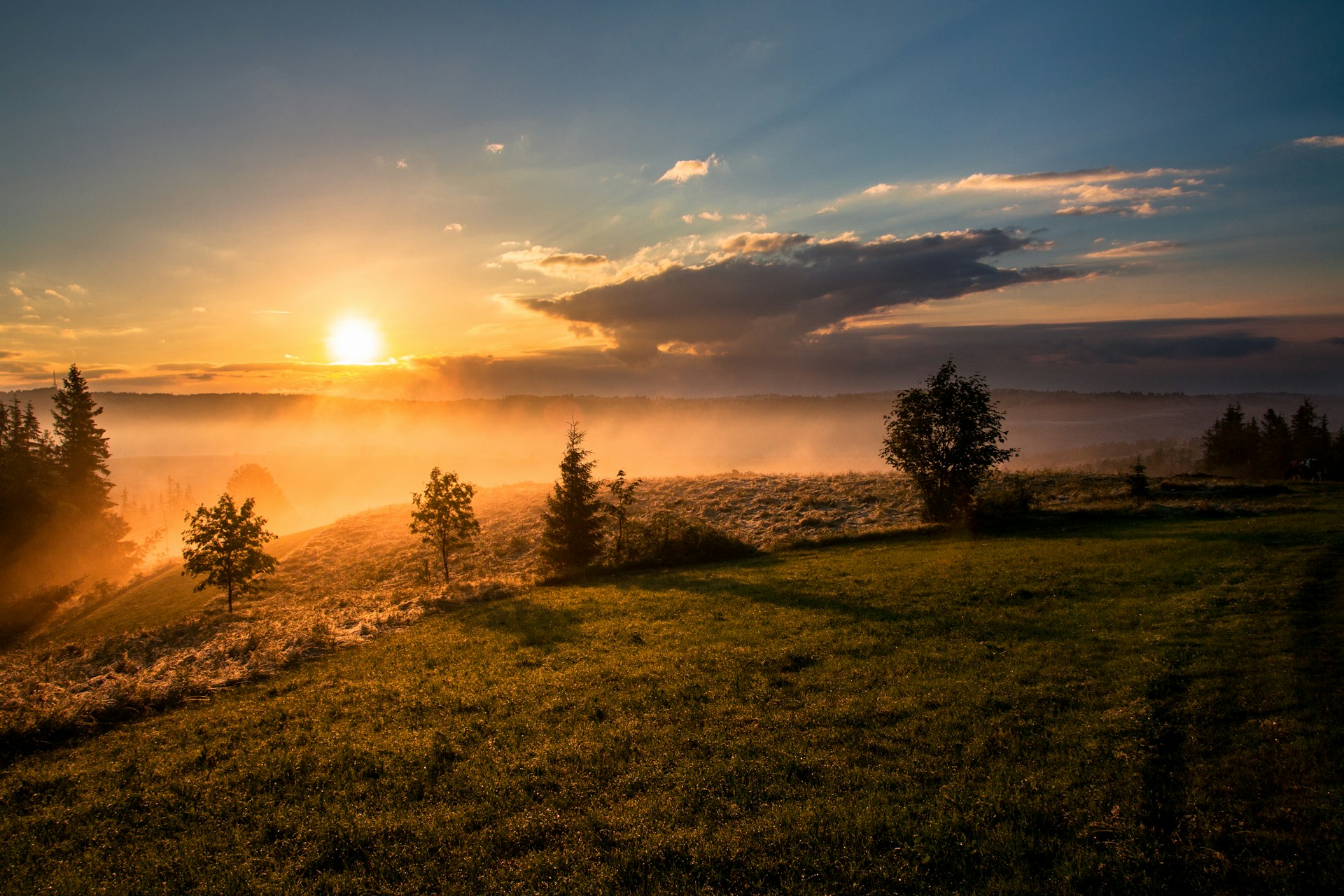Ash Wednesday
Click here for YouTube Video
Sometimes I look back over my life and ponder over all of the high points, as well as the difficult low points, and even some traumatic times. As humans we naturally think of when we have been successful or felt fulfilled. But also, we remember the challenges, regrets and disappointments. As a Christian of many years, I can see where I strayed from God and those times when I knew a real closeness with my Lord in my walk of faith. There have been various times in my life when I have asked myself ‘Who am I?’ or ‘Where or what is my place in life? Where is my life going? These are the kind of questions that seem to accompany all the significant moments and changes in our lives.
A husband or wife dies, or a relationship ends and the question is, “Now that I’m not part of a couple, where is my place?” For some, retirement or unemployment causes us to ask the question. As we get older our bodies can get tired or sick. And we ask, “Where is my place in a society that prizes youth, beauty, health, and performance?” Marriage or having children bring new roles and responsibilities as a spouse or a parent. What is our place in these new relationships? Sometimes we even describe our spiritual or emotional lives by saying “I’m in a bad place right now.” Are we recognising that there is a better place to be? The changes of life, the major milestones, can leave us wondering, “Where is my place in life?”
In the context of the liturgy for Ash Wednesday, the Church answers this question. The Church answers “Remember that you are dust and to dust you shall return.”
Today the Church reminds us of our place, but it does not try to put us in our place. To remember that we are dust is not a negative, not a put down, an insult or a judgment. It means we look at the reality of who we are, where we have been, and where we are going. The Church is not saying remember that you are nothing but dirt. Instead we are being asked to remember that our life begins and ends in God. God took handfuls of sacred dust and breathed HIs Spirit into that dust. He breathed us into existence. God has chosen us to be the vessels that contain His divine life. We heard about this in Genesis 2, one of our readings here, only a week and a half ago. “Remember that you are dust and to dust you shall return” is a quote from the next chapter in Genesis. Firstly, those words remind us that without God, we are simply dust and ashes. Death is the end and the grave is a dusty dead end. This messy smudge in the shape of a cross reminds us of the fragility of our lives. The Lenten season urges us to turn and return to the source of abundant life. Secondly then, “To dust you shall return” is a statement of God’s love and desire for us. It is the promise of resurrected life.
As I look at my own life and listen to other people’s stories, I realise that most of us have at some point found our place in life based on what others say to us or think about us, or on others’ expectations for us, or perhaps on the presence or absence of someone else in our life. We tend to forget, ignore, and sometimes even deny our dustiness, so we spend our lives trying to create a place for ourselves. We live our lives on the outside. Jesus recognises how easy it is for us to lose our place. In the gospel reading, He is warning us about living our lives on the outside in order to be seen by others. The risk is that we will turn life more and more into an activity to be seen, judged and admired by others. When that happens, our place in life is subject to the opinions or presence of someone other than our Creator and Saviour.
Jesus is calling us to an inner life. He is asking us to live life from the inside out. He is asking us to let go of living our lives before others in order to be seen by them. That letting go is our Lenten discipline.
Secret alms, secret prayer, secret fasting are the way we begin to break our dependence on others. We are not meant try to impress others about how spiritual we are. Would you still pray or give alms or do acts of mercy if you did not have an audience to impress in order to gain their admiration? When we move into that secret place with God we no longer depend on others to give us our identity or our place in life. In that secret place we remember that we are dust. We begin to see that our identity, the person we really are, is who we are in God. The point is that outward rituals and actions can act as a camouflage for unrepentant and deceitful hearts. Please don’t let us try to fool others: be honest with yourself. The prophet Joel proclaimed it is time to return to God with all our heart. Such a turning around is not an external thing like ‘giving something up for Lent’ can become, but discovering anew the source of life in the gracious, merciful and loving God.
Today the Church invites us to the observance of a holy Lent by self-examination and repentance; by prayer, fasting, and self-denial; and by reading and meditating on God’s holy Word. This is the journey back to our dustiness. These are the practices that point us to that secret place where God resides. So then, when you leave here: do not wash off the ashes. Rub them in. Rub them deep into your being. They are your place in life. Mary Tynan, Ash Wednesday 2025

